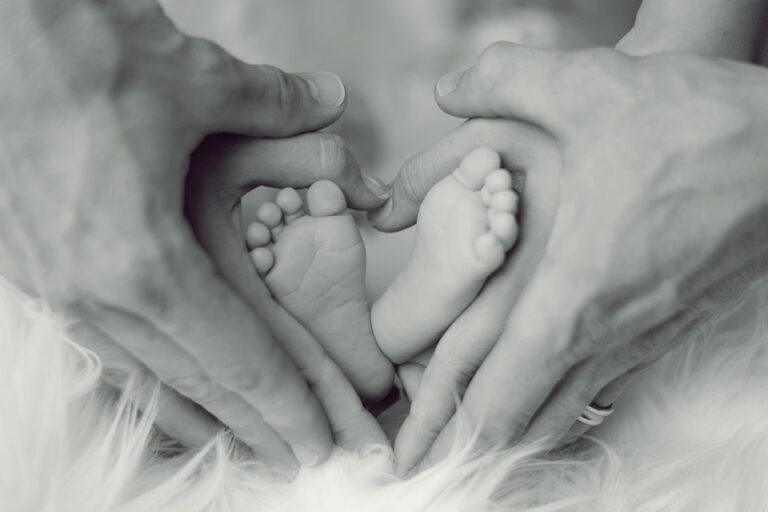
From Baby Steps to Big Leaps: Understanding Cognitive and Emotional Development in Children
Watching a child grow and develop is truly a wonder to behold. From their first hesitant steps to their burgeoning intellectual curiosity, each stage of a child’s development is marked by remarkable changes in both their cognitive and emotional capacities. Understanding these changes can provide valuable insights into their needs and help parents and caregivers support their growth effectively.
Cognitive development refers to the construction of mental processes such as attention, memory, language, problem-solving, and decision-making. It is a complex and ongoing process that begins as soon as a baby is born. During the first year, infants learn to recognize and respond to familiar faces. They also begin to grasp objects, explore their surroundings, and develop their motor skills. These early discoveries lay the foundation for future cognitive growth.
As children enter their second year, the pace of cognitive development accelerates. They become more adept at imitation, showing curiosity about objects and their properties, and begin to engage in pretend play. This is also the period when language skills start to develop rapidly. Babies progress from single words to simple sentences, using increased vocabulary to express their thoughts and needs. They may also exhibit an emerging sense of self and demonstrate the ability to remember past occurrences and predict future outcomes.
Throughout early childhood, cognitive development enters a period of exponential growth. Children can form mental representations of objects and events, allowing them to engage in symbolic thought and understand concepts more deeply. They become increasingly creative and imaginative, engaging in elaborate make-believe play and storytelling. Problem-solving skills develop through trial and error, and they start to grasp abstract concepts like time and number.
As children reach school age, cognitive development continues to evolve. They become more analytical and logical in their thinking, enabling them to understand complex relationships and solve more intricate problems. They acquire reading, writing, and mathematical skills, facilitating their ability to acquire knowledge independently. They also develop metacognitive skills, allowing them to reflect on their own thinking processes and monitor their learning.
Parallel to cognitive development, emotional development progresses hand in hand. Emotional development refers to the child’s ability to understand and manage their own emotions, as well as their capacity for empathy and forming relationships with others.
In infancy, emotions are relatively simple and primarily driven by immediate physical sensations. Babies display basic emotions such as joy, sadness, anger, and fear. They rely heavily on their caregivers to regulate these emotional states.
During early childhood, emotional development expands significantly. Children become more aware of and can express a broad range of emotions through words and actions. They begin to understand the emotions of others and develop empathy. Emotional regulation also improves, although tantrums and emotional outbursts are still common as they learn to navigate their feelings.
In middle childhood, emotional development continues with increasing complexity. Children become more capable of recognizing and labeling their own emotions, as well as understanding and responding appropriately to the emotions of others. They develop coping strategies for managing stress and overcome challenges, fostering resilience and emotional well-being.
Understanding the interplay between cognitive and emotional development is crucial for supporting a child’s growth. By providing a stimulating environment that encourages exploration and learning, parents and caregivers can foster cognitive development effectively. Engaging in meaningful interactions, validating emotions, and teaching healthy emotional expression can promote emotional development.
Every child is unique, and their cognitive and emotional development unfolds at its own pace. However, having a general understanding of the milestones and stages they may experience can provide valuable insights for supporting their growth effectively. Celebrating each baby step and encouraging big leaps will nurture their full potential and set them on a path to becoming capable, well-adjusted adults.
Younger Glowing Skin - Discover Ancient Ayurvedic Secrets at DoctorIndiaHerbals.com
Explore One of the Largest Collections of Dinosaur-Themed Toys, Games, Gifts, Decor, and More at DinoAvenue.com
Discover Premium Design Elevator Shoes for Men and Women at LondonCobblers.com
Discover Hidden Family Destinations for Vacations at Places.Travelz.io
Find the Best Deals on Airfare and Hotels with Advanced Metasearch Technology at www.Travelz.io
30% off on Kids items
STEM science experiments for Kids
Premium Science Toys and experiments